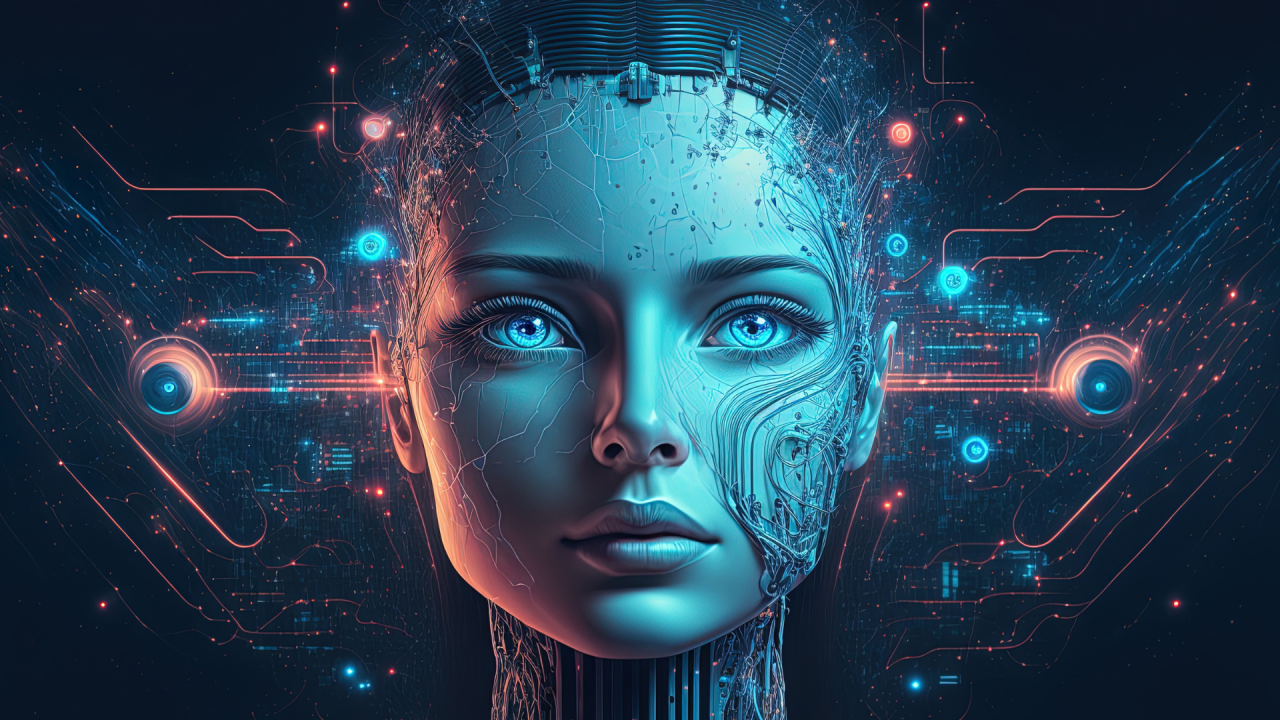In recent years, artificial intelligence (AI) has emerged as a transformative force across various industries. From healthcare to finance, education to entertainment, AI technologies have revolutionized how we approach problem-solving, data analysis, and decision-making. However, one significant obstacle has hindered widespread adoption: the barrier to entry, often associated with the cost of face swap AI tools and resources. Fortunately, the landscape is rapidly changing with the advent of free AI solutions, which are democratizing access and empowering individuals and organizations to leverage the power of AI without financial constraints.
The Evolution of AI Accessibility
Historically, AI was predominantly accessible to large corporations, research institutions, and well-funded startups equipped with substantial financial resources. The development and deployment of AI algorithms required significant investments in infrastructure, computing power, and specialized talent. This exclusivity limited innovation and hindered the democratization of AI across diverse communities.
However, the past decade has witnessed remarkable advancements in AI technologies, driven by open-source initiatives, collaborative communities, and technological breakthroughs. These developments have paved the way for the emergence of free AI tools and platforms, effectively lowering the barriers to entry and fostering inclusivity within the AI ecosystem.
Democratizing Access to AI
Free AI solutions encompass a diverse array of resources, ranging from development frameworks and libraries to cloud-based platforms and educational resources. These offerings empower developers, researchers, students, and enthusiasts to explore AI concepts, build sophisticated models, and deploy AI-powered applications without financial constraints.
- Open-Source Frameworks: Open-source frameworks like TensorFlow, PyTorch, and scikit-learn have played a pivotal role in democratizing AI development. These frameworks provide developers with access to powerful tools and libraries for building neural networks, implementing machine learning algorithms, and conducting advanced data analysis—all free of charge.
- Cloud-Based Platforms: Leading cloud service providers such as Google Cloud Platform, Amazon Web Services (AWS), and Microsoft Azure offer free tiers and credits for accessing AI services and resources. These platforms enable users to leverage scalable computing infrastructure, pre-trained models, and AI-driven APIs without incurring upfront costs, making AI experimentation and prototyping accessible to individuals and startups with limited budgets.
- Educational Resources: A wealth of free educational resources, including online courses, tutorials, and documentation, are available to help learners acquire AI skills and deepen their understanding of core concepts. Platforms like Coursera, edX, and Khan Academy offer courses taught by leading experts in the field, covering topics ranging from machine learning and deep learning to natural language processing and computer vision.
Empowering Innovation and Collaboration
The democratization of AI has far-reaching implications for innovation, entrepreneurship, and societal progress. By lowering the barriers to entry, free AI solutions foster a culture of innovation and experimentation, enabling individuals from diverse backgrounds to contribute to the advancement of AI technology and its applications.
- Innovation: Free AI tools and platforms empower innovators to explore new ideas, tackle complex problems, and develop innovative solutions that address real-world challenges. Whether it’s enhancing healthcare diagnostics, optimizing supply chain logistics, or personalizing user experiences, AI-driven innovations have the potential to drive positive change and create value across industries.
- Entrepreneurship: The accessibility of free AI resources has democratized entrepreneurship, enabling aspiring founders and startups to launch AI-driven ventures with minimal overhead costs. From AI-powered chatbots and recommendation engines to predictive analytics platforms and autonomous systems, startups can leverage free AI tools to prototype, iterate, and scale their products and services, fueling entrepreneurship and economic growth.
- Collaboration: Openness and collaboration are fundamental principles of the free AI movement. By embracing open-source technologies and fostering collaborative communities, individuals and organizations can share knowledge, code, and best practices, accelerating the pace of innovation and democratizing access to AI expertise worldwide.
Challenges and Opportunities Ahead
While the proliferation of free AI solutions represents a significant step towards democratizing access to AI, challenges remain in ensuring equitable access, addressing algorithmic biases, and promoting ethical AI practices. As the AI ecosystem continues to evolve, stakeholders must remain vigilant in addressing these challenges and seizing opportunities to foster a more inclusive, responsible, and equitable AI landscape.
